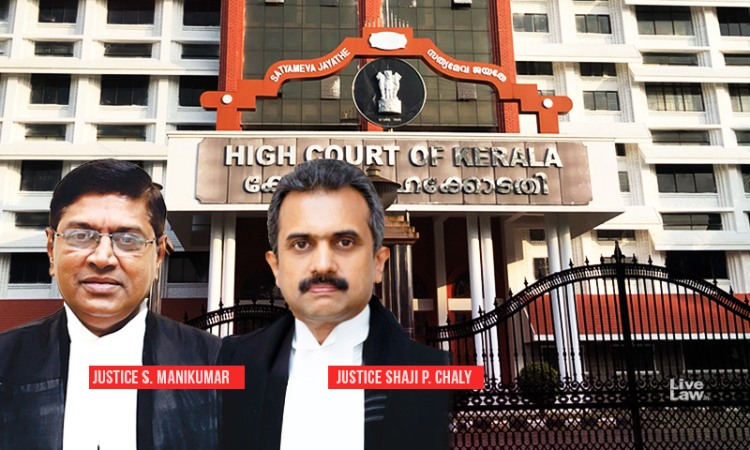Chairperson & Members Of State Minorities Commission Can Be From Same Minority Community : Kerala High Court
Hannah M Varghese
19 Jan 2022 6:55 PM IST

Next Story
19 Jan 2022 6:55 PM IST
The Kerala High Court on Tuesday ruled that merely because the Kerala State Commission for Minorities (Amendment) Act, 2017 permits appointing Chairperson and members from the same community, it cannot be said to be conferment of unbridled power infringing rights guaranteed under Articles 14 and 16 of the Constitution of India. While dismissing a Public Interest Litigation (PIL), a Division...
